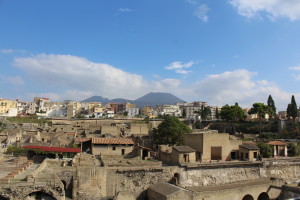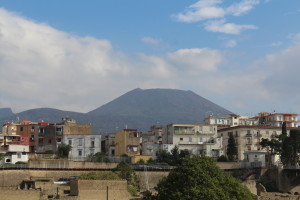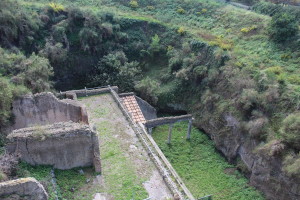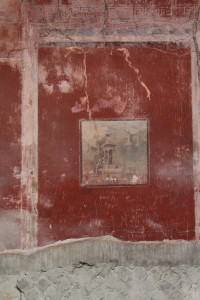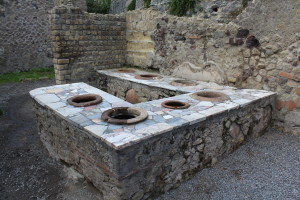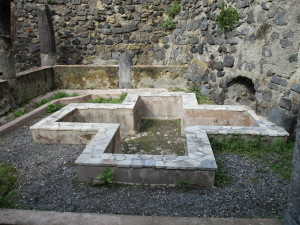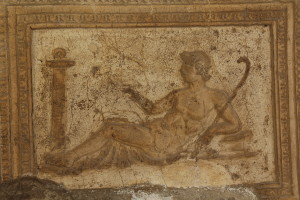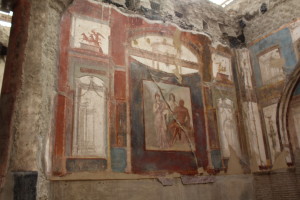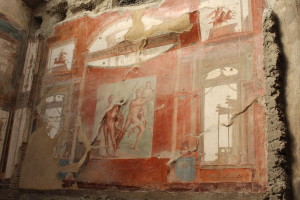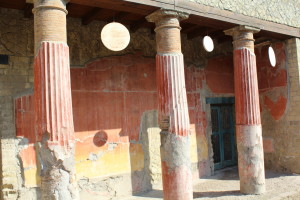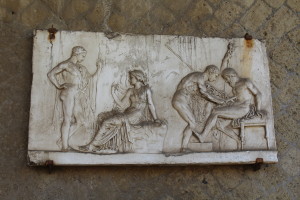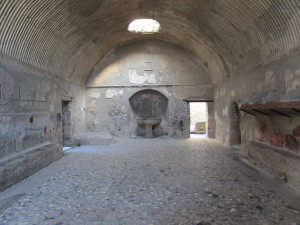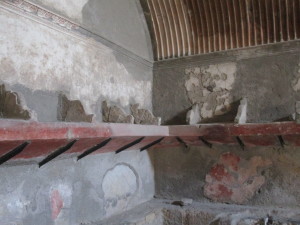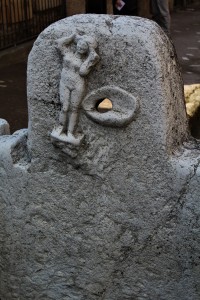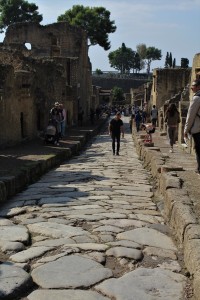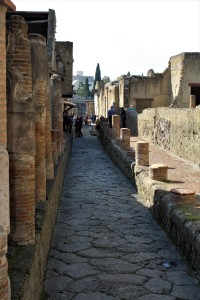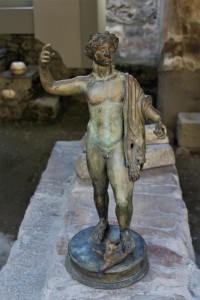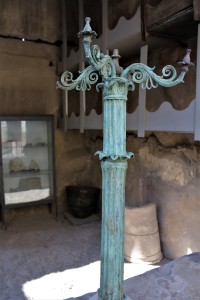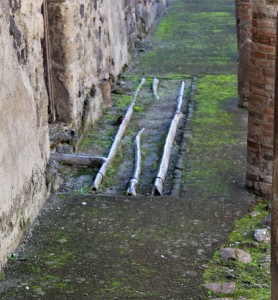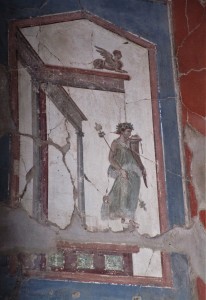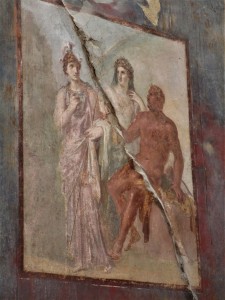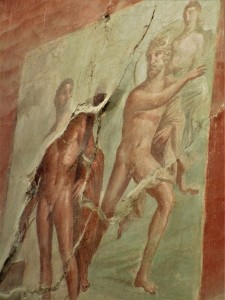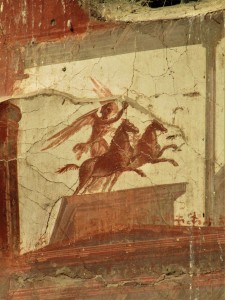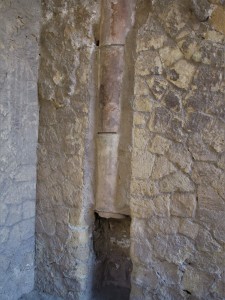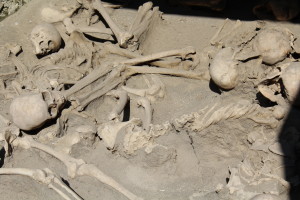Herculaneum
Where the hell is Herculaneum? Well, it was a small harbor town located about 5 miles south of Naples. I say “was” because it is one of four cities that were destroyed by the eruption of Mt. Vesuvius in 79AD. The other three towns are Pompei, everyone knows that one, Torre Annunziata, and Stabiae. Although all have been excavated, it is Pompei and Herculaneum (or Ercolano as it’s called today) that provide the greatest remnants of ancient life.
So, it is 79AD, could be August, September, November, nobody knows or agrees but one thing they do agree on, Mt. Vesuvius erupts, and erupts, and erupts. According to the only written account of the eruption, Vesuvius spewed out fire, ash, rock, and debris (pyroclastic surges) for 2 days burying everything in a south to southeast direction.
Herculaneum is located south of Vesuvius and was a port town of about 4-5,000 people. Because there were fairly regular earthquakes, those that occurred for 4 days prior to the eruption didn’t raise any concerns. As a result, many people stayed in their homes when the eruption began probably assuming that it would stop soon and life would return to normal. It didn’t.
As I said, Vesuvius erupted for almost 2 full days. At the height of the eruptions, Vesuvius was ejecting molten rock, ash and pumice into the air at a rate of 1.5 million tons per second! The eruption column rose to more than 20 miles high before collapsing into a giant pyroclastic flow that covered everything in its’ path with rock, ash and debris up to 75’ deep. Those who thought this would pass were consumed.
There are no accurate data to determine the number of people who perished in this disaster, only estimates. So far in Herculaneum, about 335 bodies that have been found in the ruins, 300 were located in the boat arches. But because there are still areas of the town that have not been excavated and no way of knowing how many perished in the sea, a total may never be known.

In 79AD this was the harbor. The boat arches are to the left. Today the beach is 4 miles to the right.
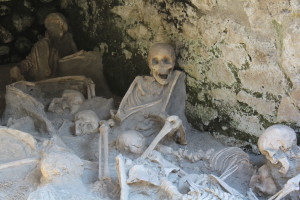
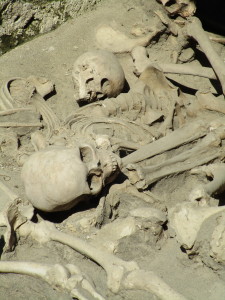
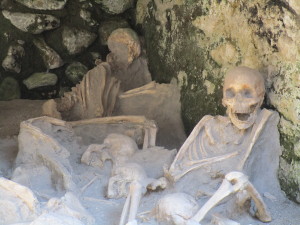
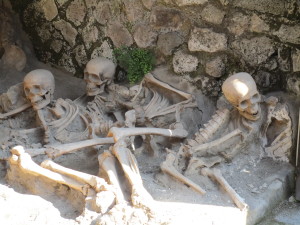
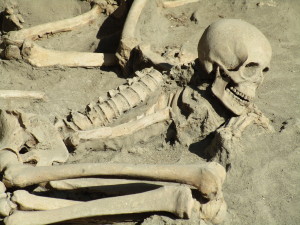
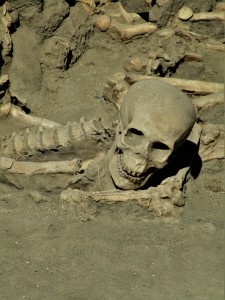 Tomorrow we have a private tour of Pompei to learn more about the life and death of those who lived there.
Tomorrow we have a private tour of Pompei to learn more about the life and death of those who lived there.
Later dudes.
